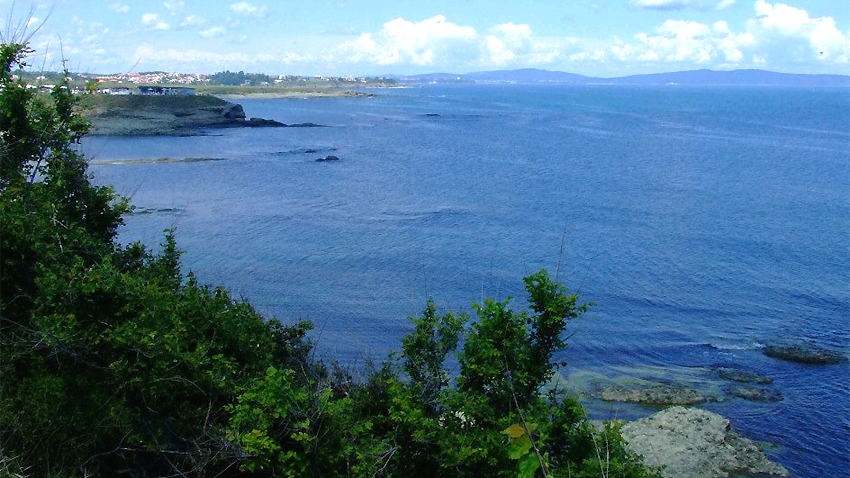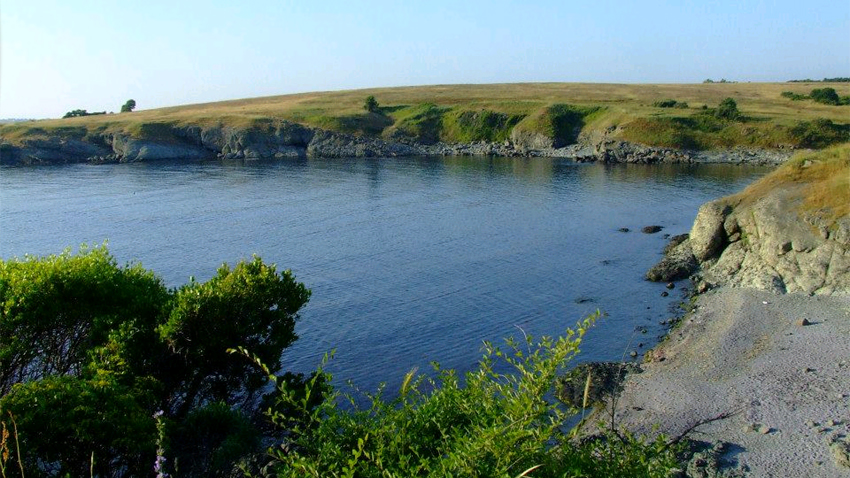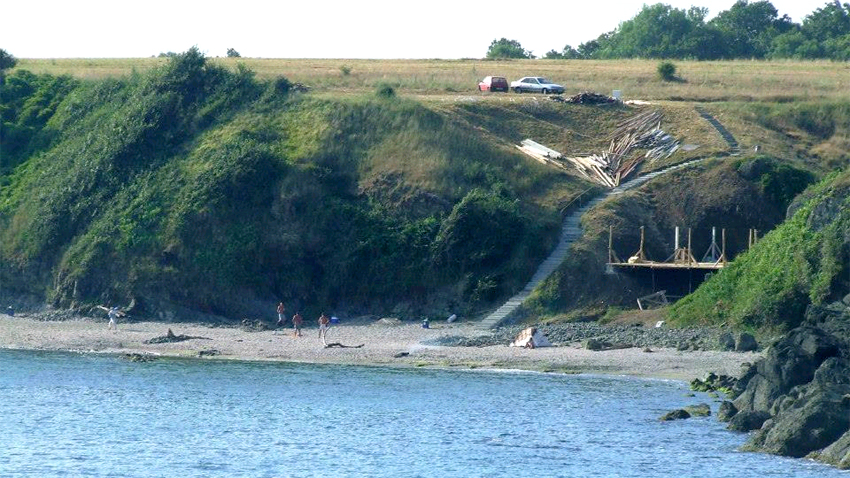Strandja (a rolling mountain in Southeastern Bulgaria) was declared a nature park almost two decades ago. This was supposed to safeguard the century-old oak forests with a lush green carpet at its foot, the striking volcanic cliffs along the Black Sea coastline and the pristine landscapes along the Veleka and Rezovska rivers. Nature conservationists will mark the park’s 19th birthday on February 11 with one more protest against the threat of its urbanization after the Supreme Administrative Court gave the green light to the highly controversial general development plan of Tsarevo municipality. The first protest of the For Nature in Bulgaria NGO coalition ended in its first victory – the Ministry of Regional Development and Public Works ordered that the development plan in question be halted, as it does not have the environmental impact assessment required by the law.

Some background information – the positive assessment given to the development plan by the Ministry of Environment and Water was withdrawn years ago to avoid a European Commission infringement procedure against Bulgaria for violation of European environmental directives. As a matter of fact, 19 years after it was declared a nature park, Strandja does not have a management plan for this protected territory, indicating what can and what cannot be done there. The Environment Minister tried to lay the blame for this at the door of the Bulgarian NGO foundation Biodiversity, which started work on such a plan in… 1999! The truth, however, is very different. The first management plan for Strandja was submitted for approval to the Ministry of Environment and Water in 2003, but encountered resistance from the municipalities of Tsarevo and Malko Turnovo, as it left little room, as they put it, for construction work. The Ministry then commissioned an environmental impact assessment of the park’s management plan. The new version was submitted to the Environment Ministry in 2005 but was not considered until 2010, when Biodiversity won a lawsuit against the Ministry’s indolence. In 2011 it finally got down to discussing the plan and once more returned it – this time for updating – with years having passed since it was drafted… What this bizarre game of ping-pong between officials and environmentalists conceals is the pressure to create a park with a much more liberal regime, allowing for construction within the bounds of what is still the least urbanized strip of land on the Bulgarian Black Sea coast South of Tsarevo.

“What we are being pressured into is to free land within the protected territory where construction work can be planned,” says Petko Tsvetkov from Biodiversity Foundation. “Another series of riders demand exemptions in the logging regime inside the park. We have endeavoured to find mutually acceptable solutions for sustainable development.”
What the people who drafted the Strandja management plan are proposing is to restrict construction work to the areas around the towns and villages, excluding the heart of the park. But that is not how the Tsarevo general development plan sees the development of the municipality – it affords an opportunity to build along the entire length of the sea coast on the territory of the park and along the valleys of the two rivers.
“The general development plan of Tsarevo municipality envisages a 6.5 fold increase in the urbanized territory in Zone A, i.e. the beachfront and a 7 fold increase in Zone B,” says Toma Belev from the Green Balkans. “This will mean 6-7 times more urbanization than what man has built on this territory over the past 3,000 years. We are ready to contest how sustainable this development is.”

Besides losing the pristine seascape in the region, these urbanization plans for the Strandja seacoast also entail a risk of a water shortage for the prospective tourists and inhabitants. Even now supplying water to the region is a difficult job in summer. Dams will probably have to be built along the rivers Veleka and Rezovska and that in turn would dry them up.
Environmentalists are demanding that the authorities take steps to permanently guarantee the preservation of the beautiful Strandja Mountain. And this can be done once and for all not by ministerial decrees, but by amendments to the legislation. They are demanding that the Spatial Planning Act and the Black Sea Coast Spatial Planning Act be amended so as to declare the general development plan, approved without an environmental impact assessment null and void, as well as an opportunity to appeal the general development plan in court, in compliance with the Aarhus Convention.
English version: Milena Daynova
The Bulgarian minority in Romania marked a significant event with the official opening of the Bulgarian Inn in the village of Izvoarele (Hanul Bilgarilor), Teleorman County (Southern Romania)- a locality with Bulgarian roots dating back over 200 years...
The 14th edition of DiVino.Taste, Bulgaria’s leading forum for wines and winemakers, will take place from 28 to 30 November at the Inter Expo Centre in Sofia. Over 80 producers from all wine regions will participate, offering tastings of around 600 of the..
Minutes before the second and final reading, at the parliamentary budget and finance committee, of the state budget for 2026, the leader of the biggest party represented in parliament GERB Boyko Borissov halted the procedure and sent the draft bill..

+359 2 9336 661
